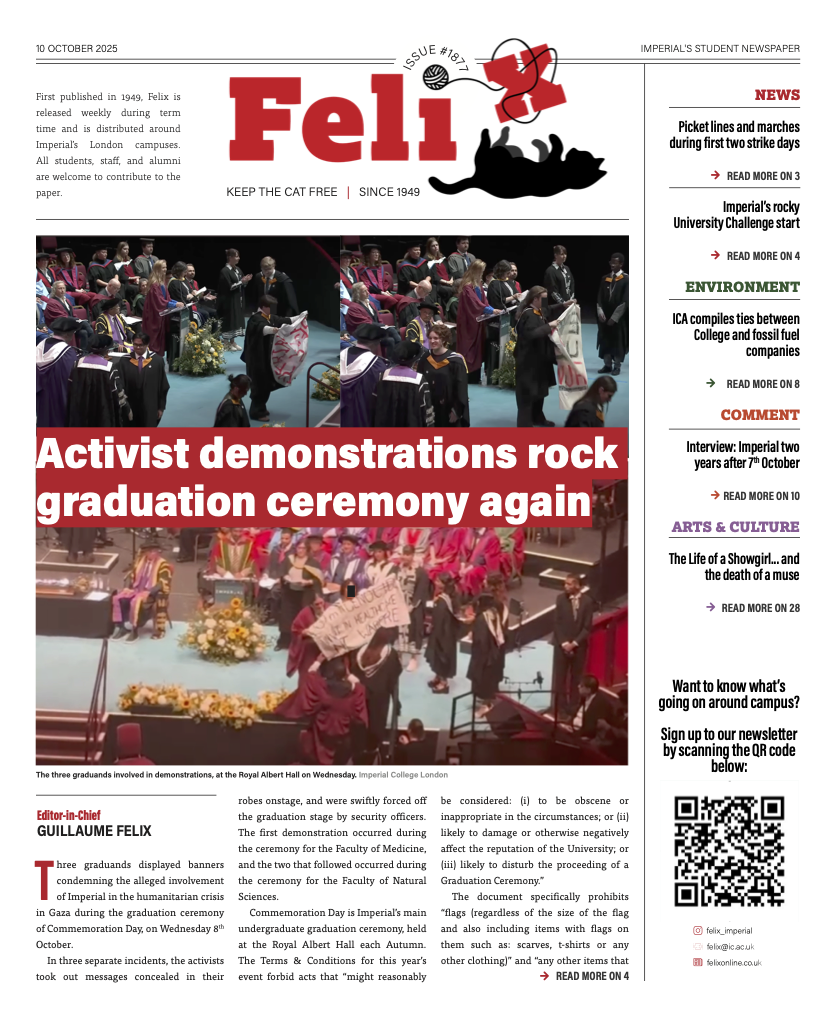Glocalisation – blending trends and culture
From McBurritos to Vuitton’s Kusama dots, exploring the ways that make global feel more local
In an increasingly globalised world, global companies face a new challenge: appealing to new trends and local customers, while also maintaining an international image. This is when glocalisation comes in, through the blending of the constantly changing culture and global trends. From transnational corporations (TNCs) selling region-specific food products to fashion brands adapting to local aesthetics and trends, glocalisation shows that globalisation doesn’t necessarily mean global cultural uniformity. Instead, it represents the mixing and hybridisation of culture by reshaping and reinterpreting local trends.
To fully understand glocalisation, it’s important to consider globalisation and localisation. Globalisation can be defined by its key characteristics, which are the growing interdependence of organisations and interconnectedness between countries due to technological and transportation advances. It allows the global flow of goods, services, people and information. In contrast, localisation involves the adaptation of products to a particular region and local area, not a global market as with globalisation. Glocalisation is a blend of both processes, and can be defined as the process of global brands modifying and hybridising their commodities to appeal to local markets and cultures, while maintaining an international identity.
The food industry provides some of the clearest examples of glocalisation. A well-known example of a company that glocalises their commodities is McDonalds. In Japan, seafood is offered in the fast-food chain’s restaurants, in Mexico McBurritos can be purchased and macarons were introduced in the French branch. Similarly, Domino’s tailor their menu to local tastes: for example, paneer and chicken tikka topped pizzas found in India as well as the UK and New Zealand. McDonalds and Domino’s merge cultural tastes in their fast-food products and create glocalised foods to suit their market’s demands and incorporate different traditional elements of cultures into one meal. Domino’s also adjusts the menu to religious food restrictions and local flavours and ingredients.
Beyond food and drink TNCs, the fashion industry also demonstrates glocalisation through seeking local appeal while attempting to stay up to date with both local and global trends. International companies such as Nike and Adidas use local athletes and celebrities in regional campaigns, therefore creating a blend of global sports and fashion with local pride. Luxury fashion brands also collaborate and engage with designers and celebrities from countries outside of the Western world. Take Dior’s collaboration with Monsieur Pathé’O, a fashion designer from Burkina Faso, as well as Louis Vuitton’s partnership with Japanese artist Yayoi Kusama.
The process of glocalisation has been accelerated by technology and social media. Global trends spread instantly on online platforms and change just as fast. Users on these different social media platforms can adapt and customise trends to their region and culture. Technology allows companies to collect data on customer’s preferences and respond quickly on a regional or global level.
Overall, glocalisation highlights the presence of globalisation within various parts of our culture, and how it reshapes culture worldwide. It reflects how commerce and culture evolve together.







